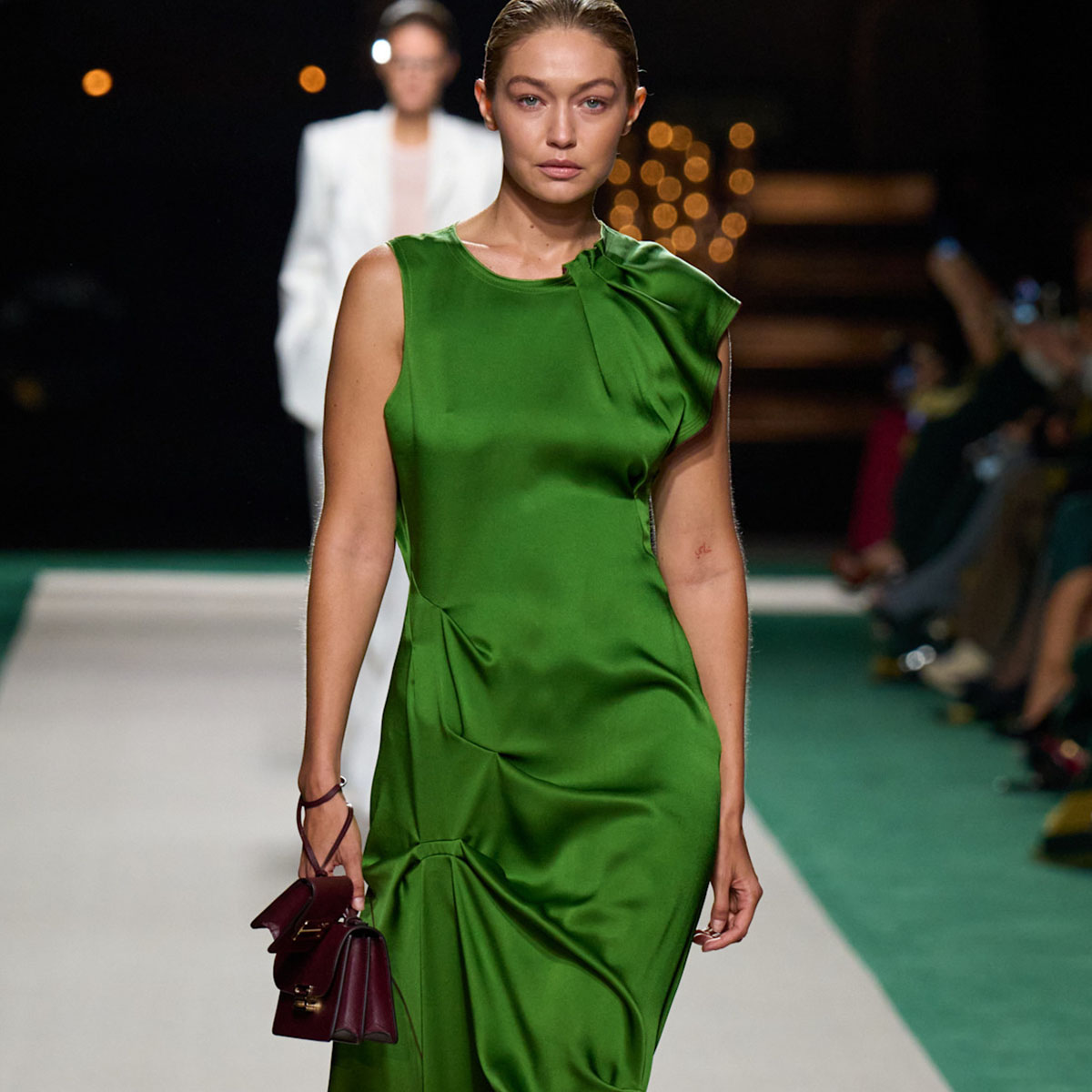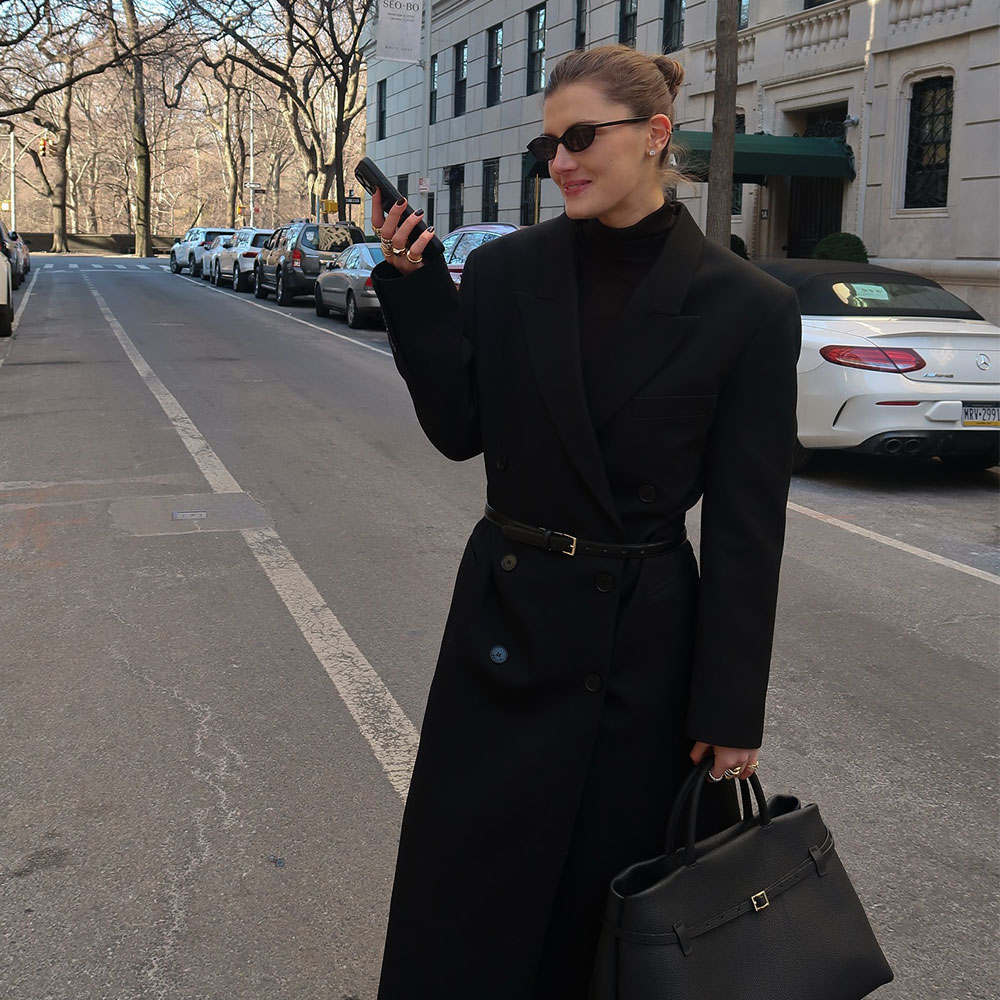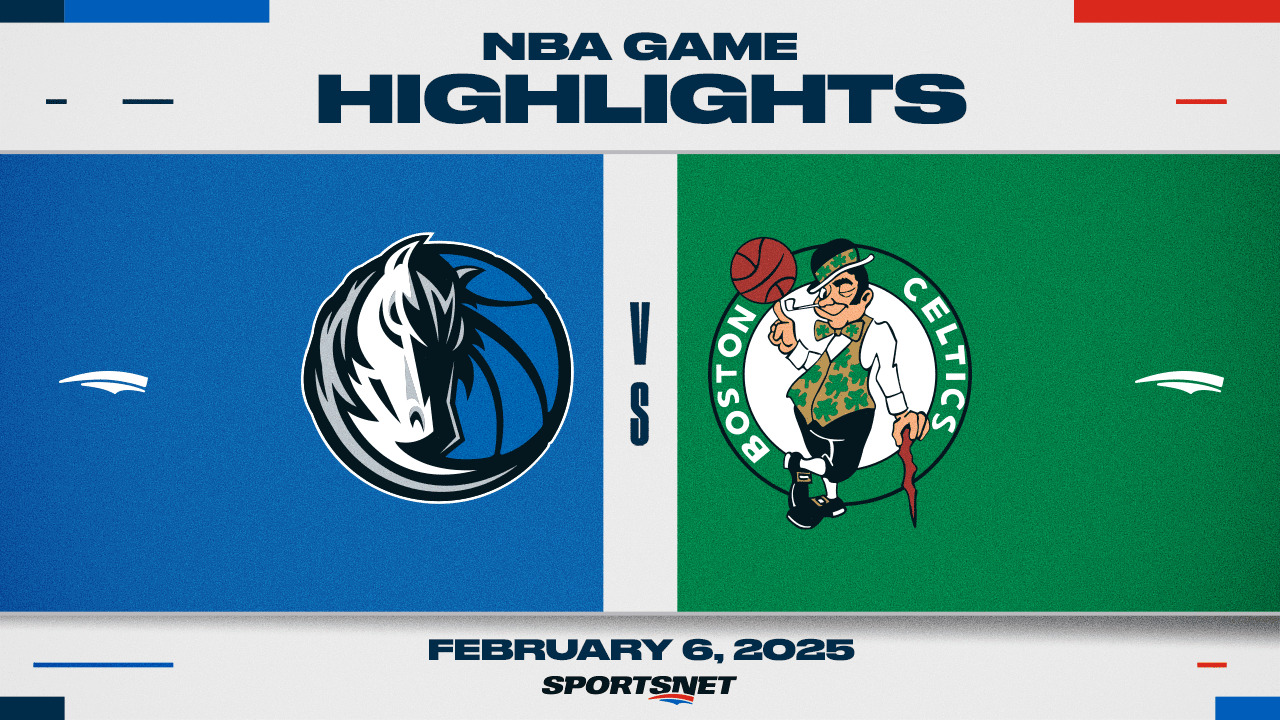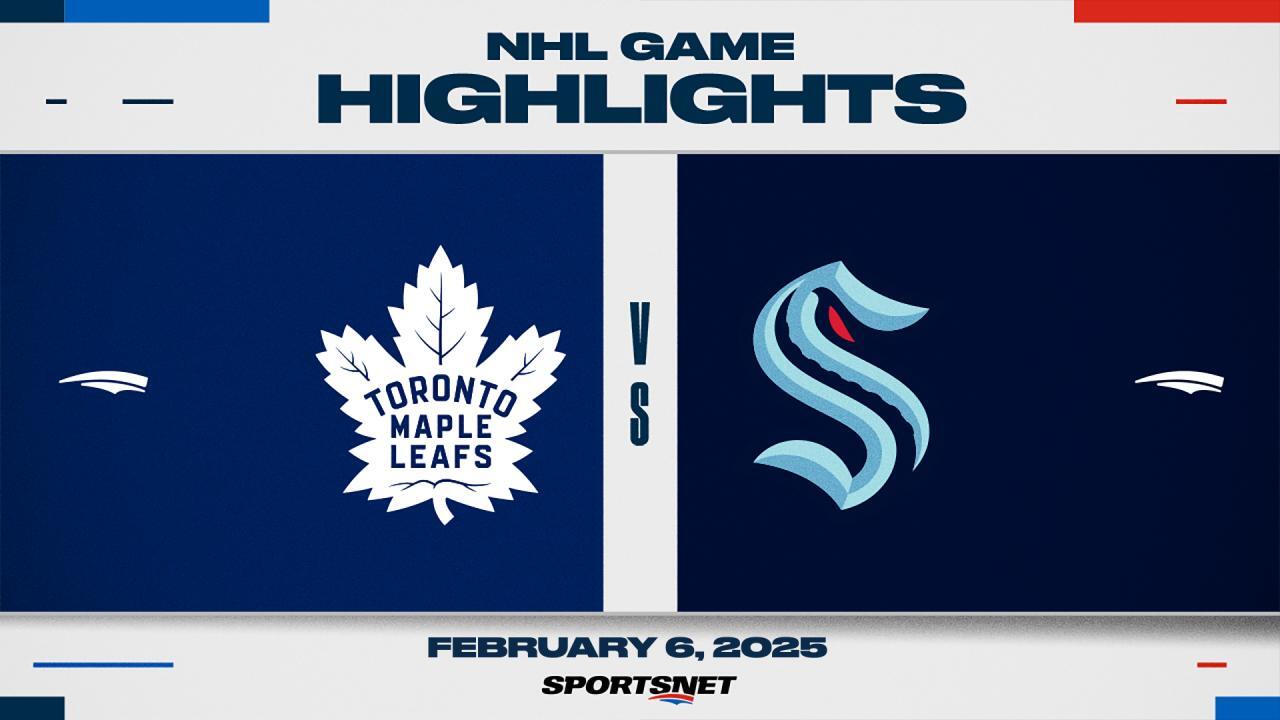Super Bowl Ads Adopt a Play-It-Safe Game Plan for Polarizing Times | Analysis
A sharply partisan political environment has made advertisers skittish about the risks of tackling issues The post Super Bowl Ads Adopt a Play-It-Safe Game Plan for Polarizing Times | Analysis appeared first on TheWrap.

As TV’s biggest stage, Super Bowl LIX is a huge opportunity for advertisers — a chance to reach a massive audience that’s as eager to watch the commercials as the football between them. Yet given the sharply polarized political environment and online legions waiting to pounce on anything they find offensive, the balancing act to avoid striking the wrong chord with segments of the public appears more treacherous than ever.
Made skittish by recent ads that have prompted a political backlash — none fresher in their memory than Bud Light’s 2023 promotion for college basketball’s March Madness featuring trans influencer Dylan Mulvaney — many companies have adopted a play-it-safe approach.
For marketers, the prevailing logic seems to be once bitten, twice shy. Yet at the same time, the pressure on Super Bowl advertising is to be worthy of the platform, destined to reach more than 100 million viewers on Sunday and reverberate beyond that. So a too-conservative game plan — not in the political sense, but the risk-taking one — could be perceived as squandering the $7 million or more invested in buying 30 seconds of time, never mind the production costs and celebrity salaries, by delivering creative that gets labeled as “nothing special.”
Indeed, after surveying early spots, Adweek wondered aloud whether this year’s crop of advertising’s presumed best should be dubbed “the Superficial Bowl.”
“We were seeing pulling back anyway, but certainly we’re in a political climate today where you just can’t take a stand as a brand,” Beth Egan, an associate professor of advertising at Syracuse University’s S.I. Newhouse School of Public Communications, told TheWrap. Egan called Bud Light “the poster child for that” with the Mulvaney ad, contrasting that with this year’s Super Bowl ads from the beer giant featuring Shane Gillis and Post Malone, which she characterized as “how bro can you go?”
Historically, many of the most memorable commercials have braved tackling issues, or at least sought to tug at the heartstrings. In recent years, that has included everything from environmental messages and LGBTQ-inclusive campaigns to Dove’s body-positivity ad for girls in 2024.
In the not-so-distant past, Super Bowl mainstays Anheuser-Busch and Coca-Cola promoted immigration and multiculturalism, the latter by featuring “America the Beautiful” sung in seven different languages in 2014.
“Coming out of Black Lives Matter, we had everyone going full in” on social and unity messages, Egan said. “I think maybe that was not correct either. If you’re going to join a conversation, you have to have permission to be there and something to say.”
Faced with that balancing act, and knowing 2024 was an election year, the vast majority of sponsors that have posted spots in advance of the game — a relatively modern wrinkle to maximize the bang for their bucks — look to have steered toward two safe spaces: nostalgia and comedy.
Ads that fall squarely into those comfort-zone categories include a Hellmann’s mayonnaise spot that reunites Billy Crystal and Meg Ryan reenacting a memorable scene from the 1989 movie “When Harry Met Sally,” “The Fast and the Furious” stars teaming up to promote Häagen-Dazs and “Succession” Emmy winner Jeremy Strong spoofing his method-acting chops with brothers Ben Affleck and Casey Affleck for Dunkin’.
While a few more serious ads have circulated, including one for the Foundation to Combat Antisemitism featuring Tom Brady and Snoop Dogg, “light,” “funny” and animals seems to be the order of the day.
“Social responsibility issues appear to have less appeal with advertisers than in previous years,” O.C. Ferrell and Linda Ferrell, professors at Auburn University’s Herbert College of Business, wrote in an analysis of the 2025 ads, representing a departure, they noted, from the “Brands Taking Stands” era of the late 2010s.
Notably, some advertising experts suggested in 2017, immediately after Donald Trump first took office, that marketers couldn’t sit on the sidelines in addressing social issues. Talking to CNBC, Landor managing director Chris Lehmann said at the time that brands couldn’t “afford to remain neutral” and needed to take a side, “hopefully one that aligns with the customer’s own values.”
Fears of social media backlash
Eight years of the MAGA movement — and witnessing the backlash that can be unleashed against companies, as well as the toxicity of the current political environment — has revised that line of thinking.
“The bottom line simply is that controversy is bad for brands,” J. Walker Smith, the chief knowledge lead at the strategic marketing and data firm Kantar, told TheWrap. “Sometimes brands will wade into things, but as a general rule it is not a good idea for brands to court controversy.”
By steering away from controversy — or anything remotely provocative — marketers could be fumbling an opportunity. Super Bowl ads face high expectations, with real-time grades via social media and inevitable lists highlighting the best and worst of the bunch.
The landmines, moreover, aren’t always readily apparent, especially to keyboard armies and bad-faith actors eager to find something about which to be outraged.
“Trying to find the right kind of creative elements is never easy, and now there’s sort of a twist or difficulty added to the equation,” Walker Smith said. “This is the same challenge as always for brands. There’s just another kind of dimension added to the mix.”
As usual, celebrities, from Pete Davidson and Matthew McConaughey to Cher and Martha Stewart, figure prominently in many of the commercials. Yet as Walker Smith noted, hiring stars comes with its own set of risks, especially if they have weighed in on issues or on behalf of candidates. “You do have to be careful about who you’re connecting to,” he said, adding that celebrities have profiles and occasionally positions “very much independent of your brand.”
Take “Captain America: Brave New World,” the upcoming Disney/Marvel release, which weathered recent controversy after Anthony Mackie was forced to clarify comments about the patriotic nature of the superhero character, while co-star Harrison Ford took the unusual-for-him step of publicly endorsing Kamala Harris during the presidential campaign.
Of course, blockbuster movies featured during the game generally consist of cut-down trailers, likely among them Marvel’s already-teased “Fantastic Four,” sidestepping the need to finesse the creative in the same way start-from-scratch campaigns do.
Walker Smith said he counsels marketers to seek areas that, even in divided times, tend to produce broad agreement, pointing to the NFL itself and the popularity of football as one institution that fits that bill.
The perception of how political the advertising gets, of course, is in the eye of the beholder, as evidenced by two headlines regarding last year’s Super Bowl that drew different conclusions: “Super Bowl Ads Ditch Politics for Celebs, Taylor Swift and AI,” Reuters reported, while the Hollywood Reporter observed “Super Bowl Ads Reflect What Divides Us: Religion, the Election and Bud Light.”
As noted, advertisers simply trying to explore more inclusive campaigns have faced blowback in recent years. While not shown during the Super Bowl, Bud Light’s Mulvaney spot triggered a fierce response from conservatives, including calls for a boycott, seemingly taking the beer marketer by surprise.
Even those who want to avoid politics won’t be able to do so entirely. Because the game will play on Fox, the pregame show will allocate a portion of its time to its polarizing cable-news sibling, Fox News Channel, and will feature anchor Bret Baier interviewing President Trump, reviving a recent tradition after Joe Biden passed on the showcase the last two years.
Nevertheless, Kantar’s Walker Smith sees value in escapism — or as he put it, advertisers “getting away from all the noise and swirl of events that are going on around them,” while seeking to make their commercials “about the brand itself, not anything going on in the world around the brand.”
The post Super Bowl Ads Adopt a Play-It-Safe Game Plan for Polarizing Times | Analysis appeared first on TheWrap.
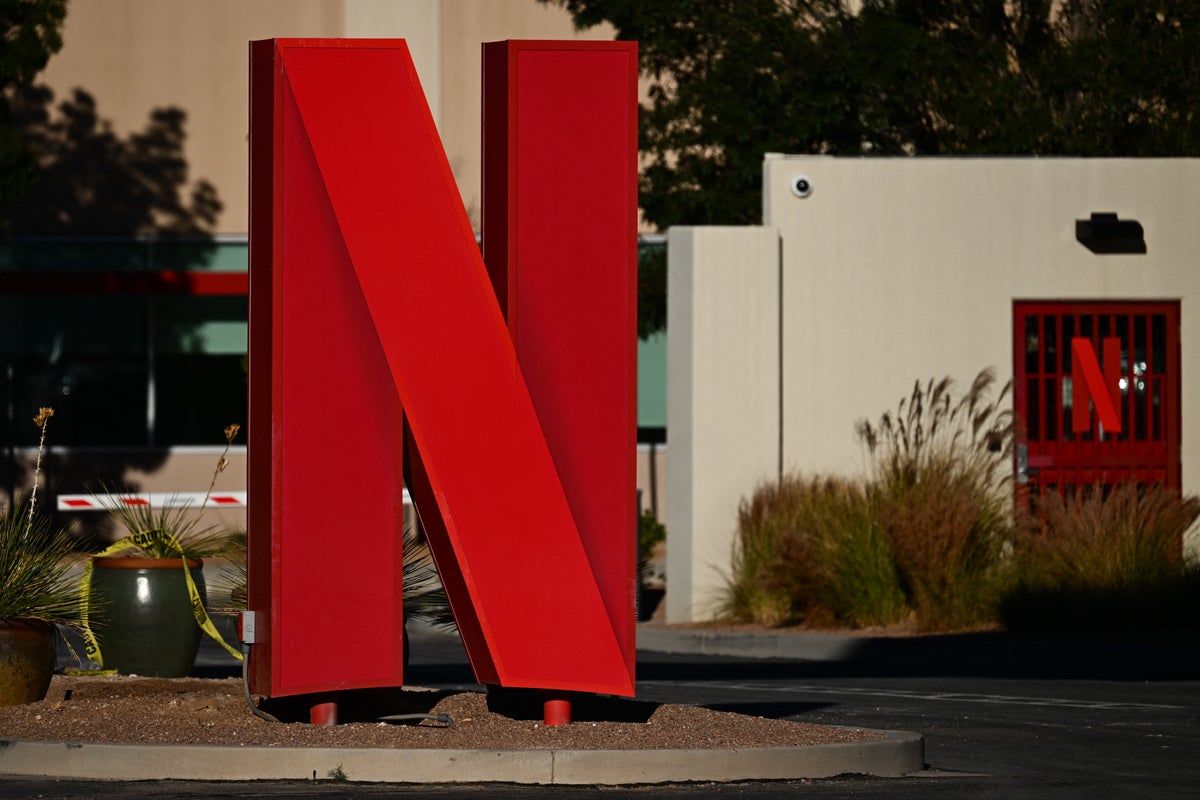





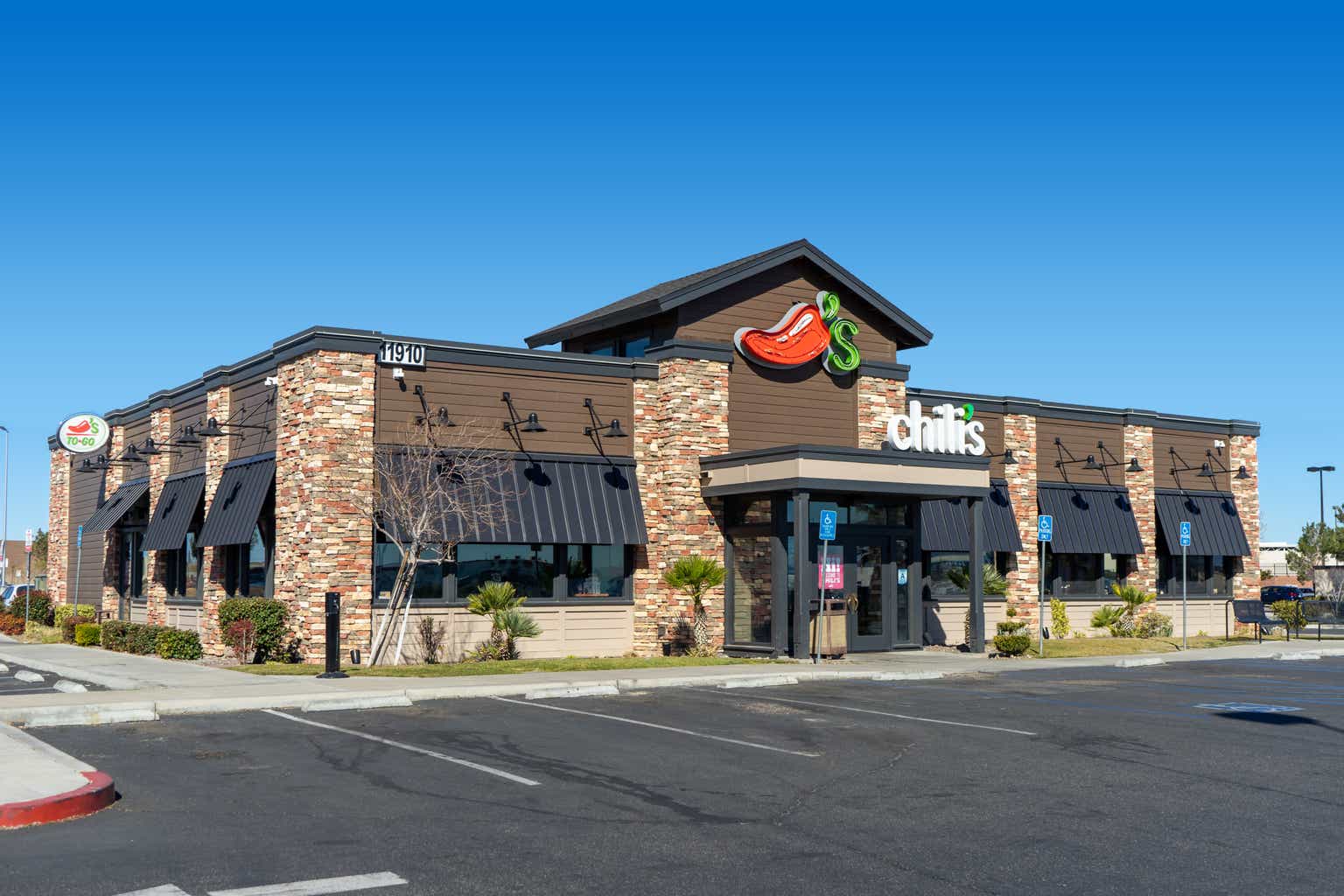
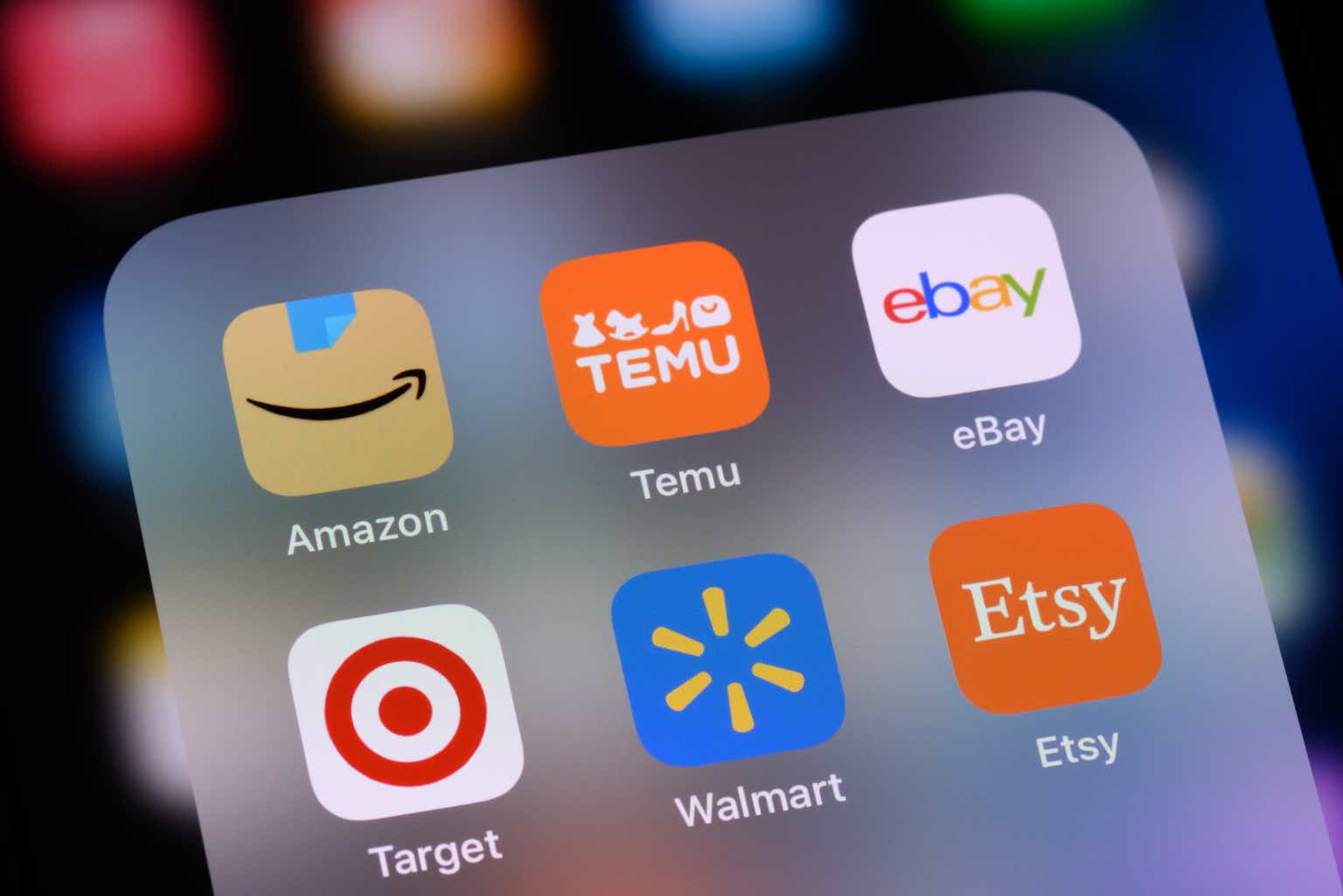







































![Marijuana’s hidden threat to fertility and family planning [PODCAST]](https://kevinmd.com/wp-content/uploads/The-Podcast-by-KevinMD-WideScreen-3000-px-1-scaled.jpg)














